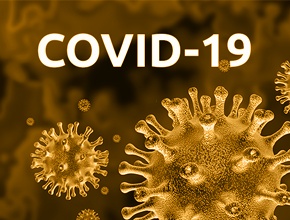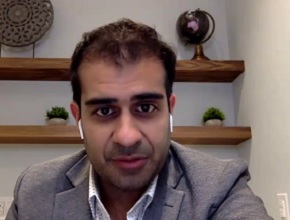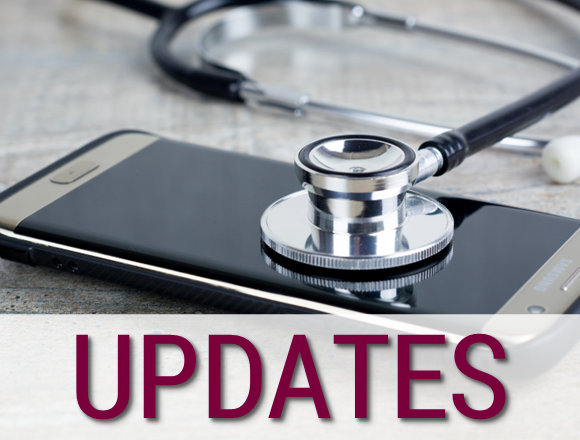To give or not to give? How much could people aged ≥60 years gain from a fourth COVID-19 (booster) vaccination?
Background: With the ongoing large number of severe acute respiratory syndrome coronavirus 2 (SARS-CoV-2) infections, several countries, including Canada and the United States, made a fourth booster of the coronavirus disease 2019 (COVID-19) vaccine available.
Methods: In this matched cohort study performed in Israel, the rate of COVID-19 cases was compared among people aged ≥60 years who received or not received a fourth vaccine booster ≥4 months after the third dose. The matching was done to account for several risk factors for adverse outcomes, including participant age, sex, number of pre-existing chronic conditions defined as risk factors for severe COVID-19, and number of hospital admissions in the previous 3 years.
Results: Vaccine effectiveness expressed in relative risk reduction on days 7 to 30 after vaccination compared with not taking a fourth booster was estimated to be 45% against confirmed SARS-CoV-2 infection, 55% against symptomatic COVID-19, 68% against COVID-19–related hospitalization, and 74% against COVID-19–related death. On days 7 to 30 after a fourth vaccine booster, there were 180 fewer COVID-19–related hospitalizations per 100,000 people (~270 vs 90 per 100,000) and 70 fewer severe cases per 100,000 people (110 vs 42 per 100,000).
Conclusions: The authors concluded that a fourth dose of the vaccine was effective in reducing the short-term (7-30 days post vaccination) risk of COVID-19–related outcomes among those who had received a third dose ≥4 months earlier.
McMaster editors’ comment: At the earlier stages of the COVID-19 pandemic, the decision to vaccinate was simple in the face of a high incidence of the disease, lack of previous immunity, lack of effective postinfection treatments, and a perceived high virulence of SARS-CoV-2. Among previously vaccinated people, many of whom will have gained additional natural immunity through contraction of the highly contagious but less severe Omicron variants, coupled with the availability of new oral antiviral treatments, the added value of a fourth vaccine booster can be questioned. A decision to receive a fourth booster dose depends on personal risk perception, values, and preferences. This study provides some evidence that may help in this decision-making process.
 English
English
 Español
Español
 українська
українська











